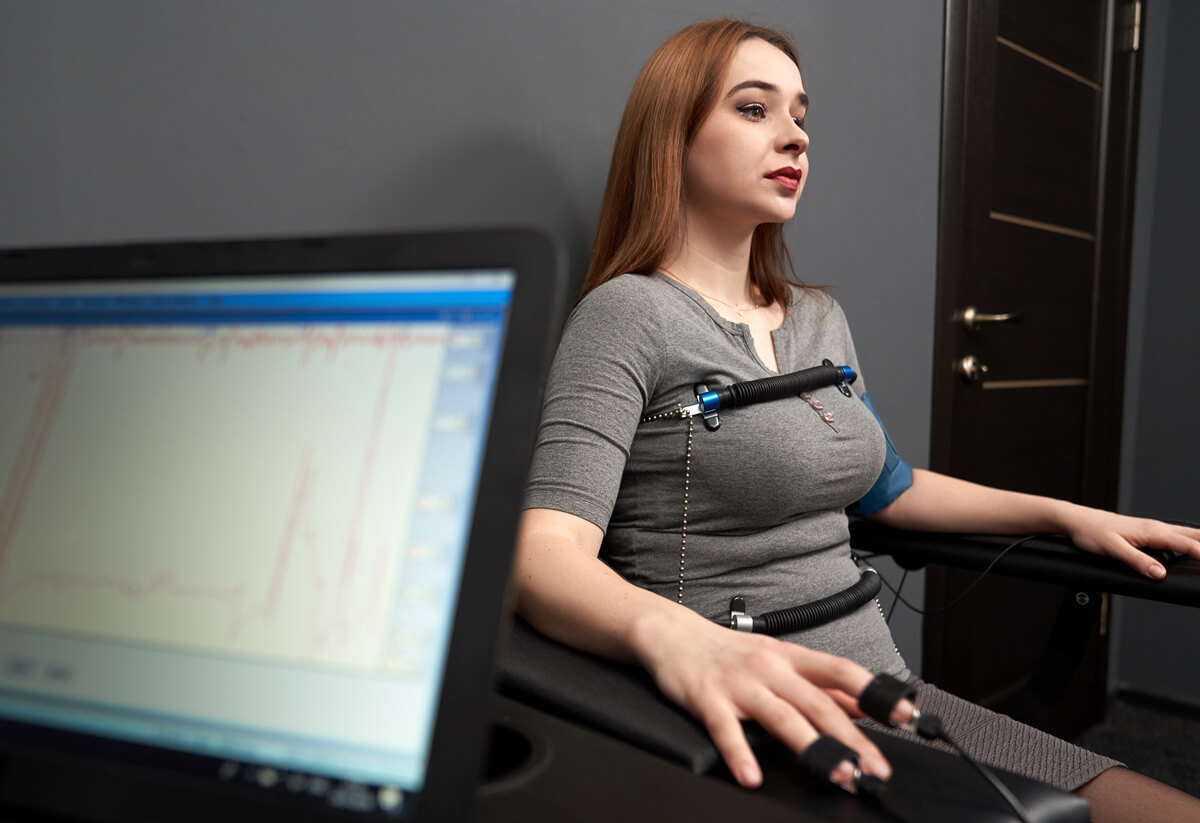Even if you don’t think the lie detector test is right for you, you will probably have to take it someday. This type of test is prevalent during police investigations. But, it’s also widely used for many situations, including job applications, especially government jobs. This is done to check employees or verify information when obtaining loans or insurance. Many couples also want to go through this test when they are unsure about certain aspects of their relationships. They feel it’s the only way to get closure.
While there are countless reasons to go through a polygraph test, there are also many useful ways to prepare for one! In this article, you’ll learn how to nail the test and keep your pretty little secrets well concealed without being caught!
#1. Prepare Yourself Physically

Nothing will work better during the test that a fresh mind and therefore take good care of yourself 24 hours before the real thing start by:
-
Getting enough sleep;
-
Not be hungry or full;
-
Wearing comfy clothes.
-
Keeping your regular schedule so that your body does not feel the changes and heart rate is not affected. Do you usually run in the morning? If so, go for your morning walks! Do you always drink coffee? Have some today too!
#2. It’s Okay to Be Nervous

Yes, it’s totally normal to be anxious, and allowing yourself to be nervous will help pass the test successfully. According to statistics, the results of those worried about each answer turn out to be the most accurate. If it seems to you that your results may be misinterpreted due to nerves, then the following methodology will help you. To check your basic physiological reactions, they will try to make you lie with control questions. It is relatively easy to distinguish them from the important ones because they are general and not specific.
#3. Avoid Petty Lies

If you don’t have to be ashamed or hide, try to answer all the questions truthfully. Remember, being truthful means more accurate results. People often lie for trifles and are sure that they will ask tricky questions when taking the test. But specialists make sure the questioning is as simple as possible; according to testing ethics, there can be no surprises to ensure no reaction to the novelty.
#4. Don’t Be in a Hurry

Depending on the specific tests, each question can be asked three to six times. So you don’t have to rush with the answer; the sense of rush can introduce bias in the results. Listen to the question until the end, think if you have really understood what they’ve asked you. Prepare yourself thoroughly and then answer confidently.
#5. Imagine Something Nice

Such a method is considered successful, but it is only suitable for those who really know how to control themselves. Because it is easier to be nervous and more easily attract negative reactions than positive ones. When thinking about the answer to the question and understanding that you have to tell a lie, imagine something the most pleasant for you. Or just relax throughout the test. That creates a carefree world in your imagination, which will help you stay calm. Make your dreams more pleasant, and then the reaction of your body will be perfect!
#6. For God’s Sake, Don’t Use Physical Tricks!
Generally, these tips include: putting a pin on your shoe and squeezing it with your foot if needed, biting your tongue, and tightening your muscles. Of course, these long-standing tricks will not fool experienced professionals. That’s why some experts may often ask you to remove your shoes since the pin is the number one tip on the Internet, which is no longer a trick. Besides, the polygraph can detect a reaction to physical pain. If they catch you red-handed doing physical tricks, they can change the date of your test. Or, in the end, the expert will strictly evaluate the results, taking into account all the tricks you’ve performed.

